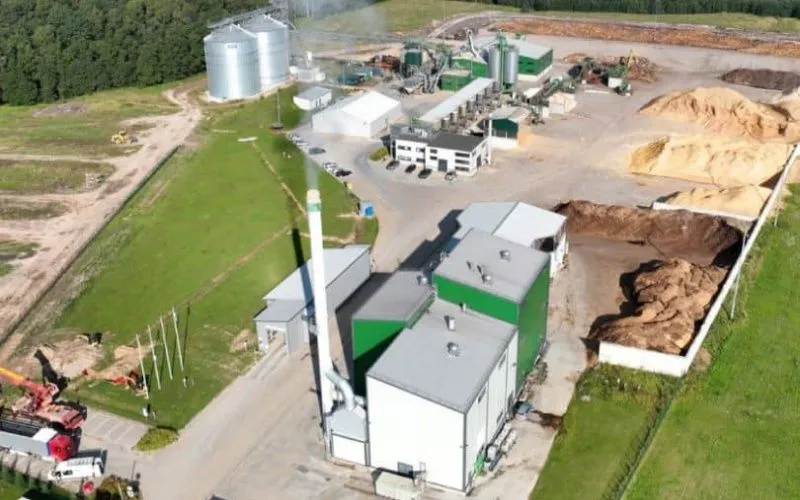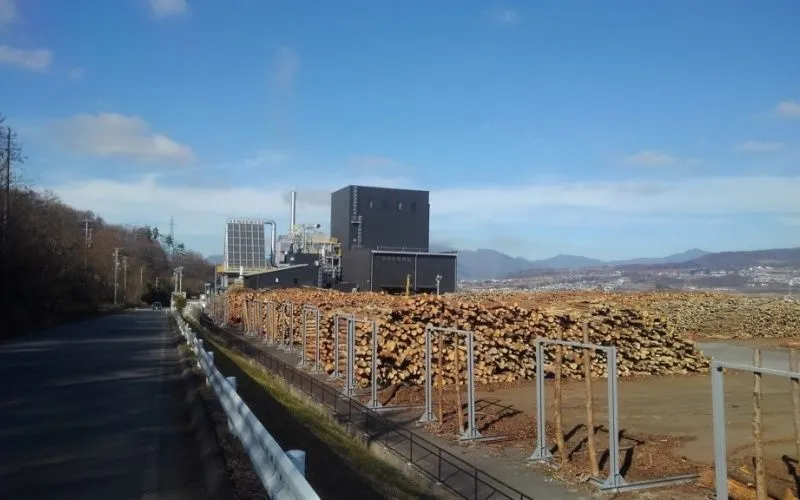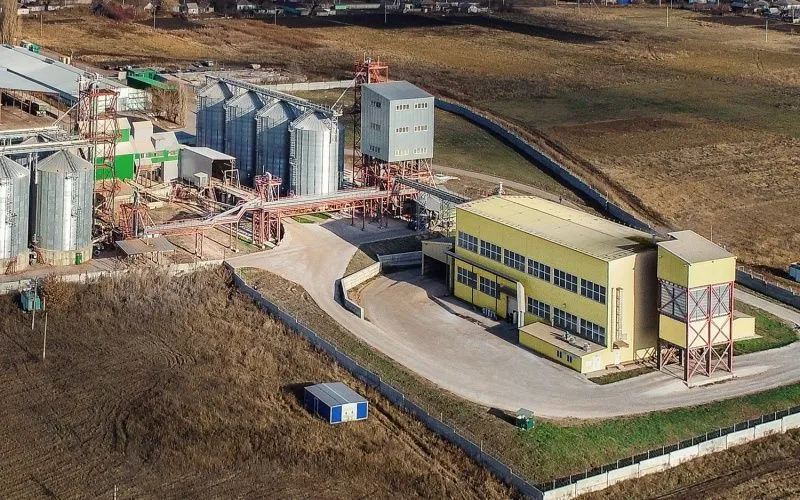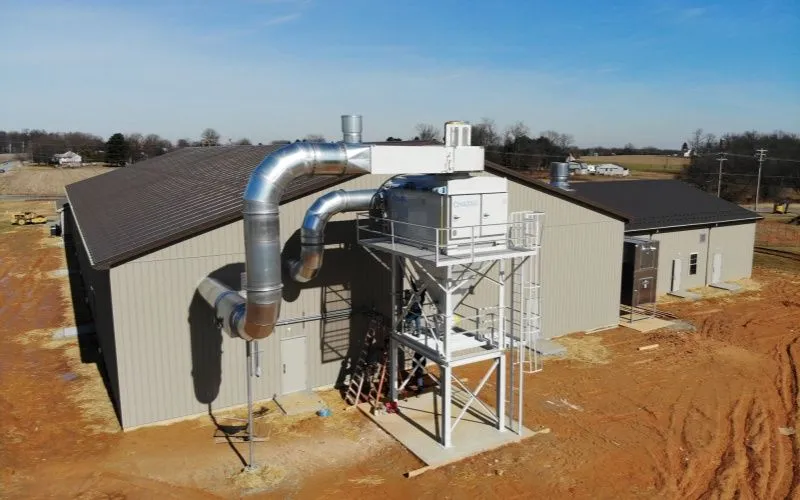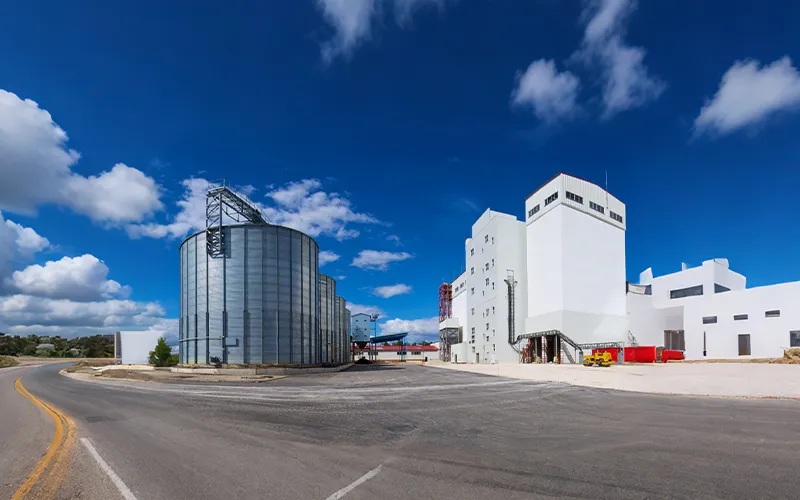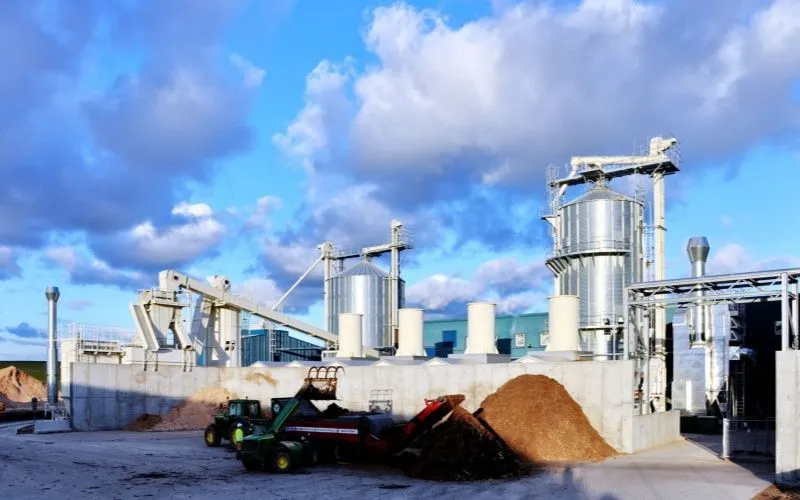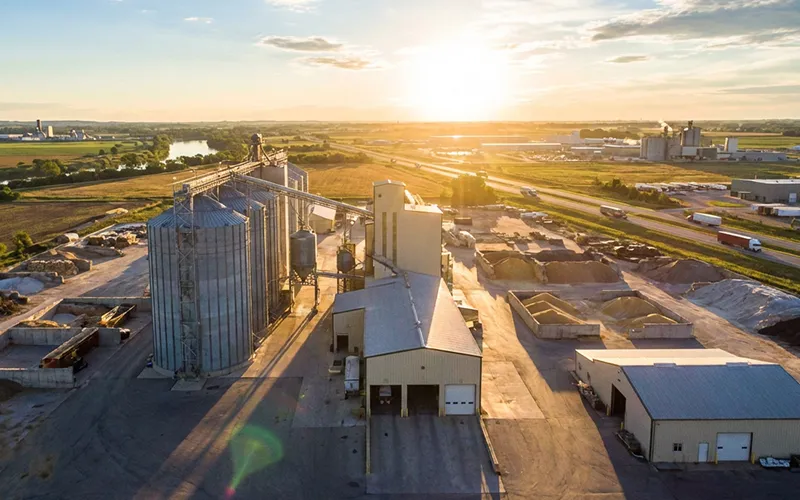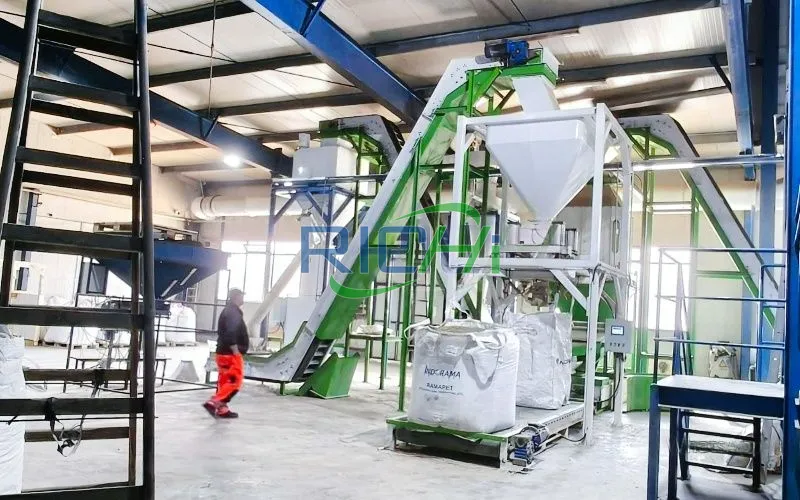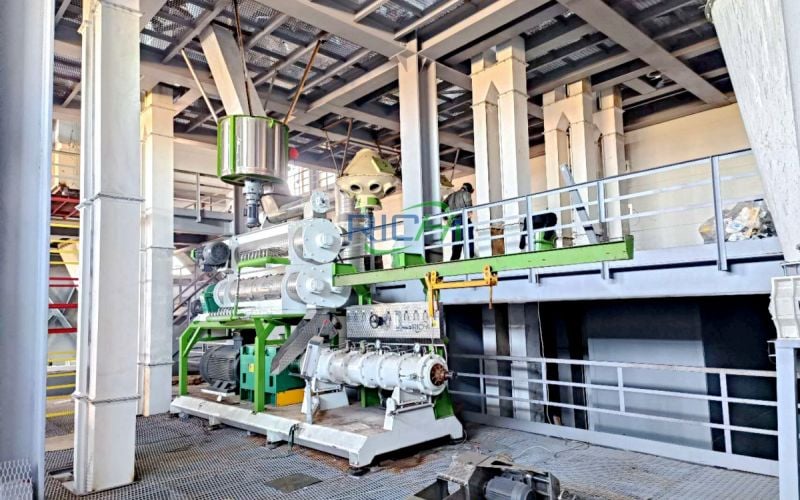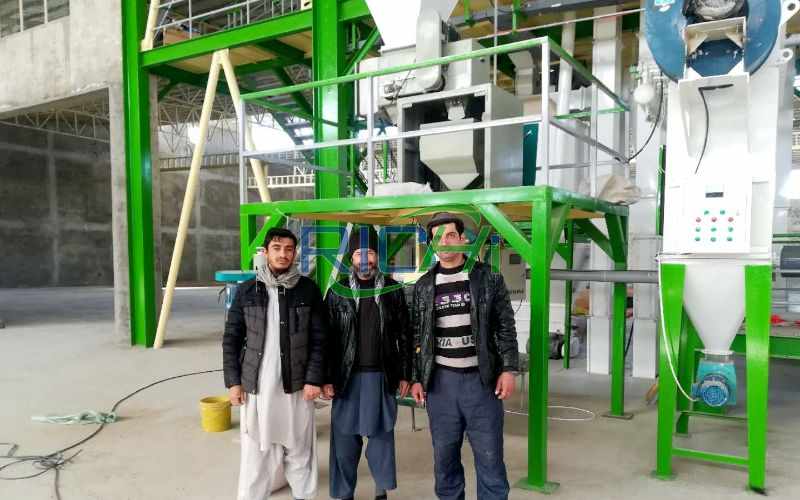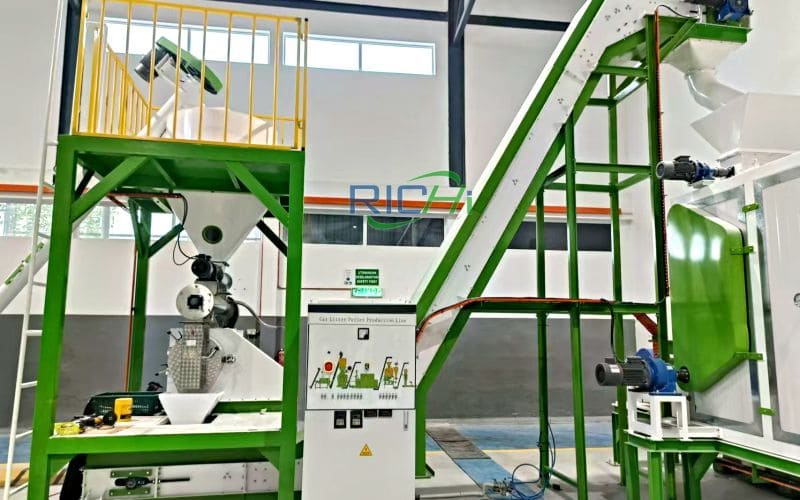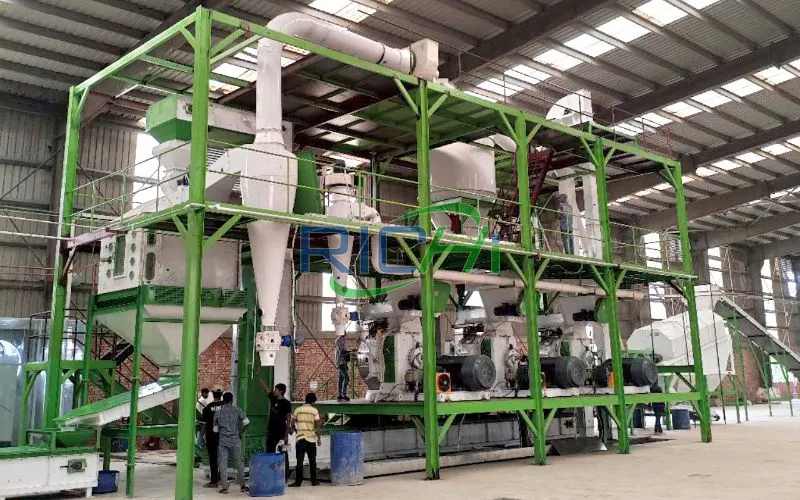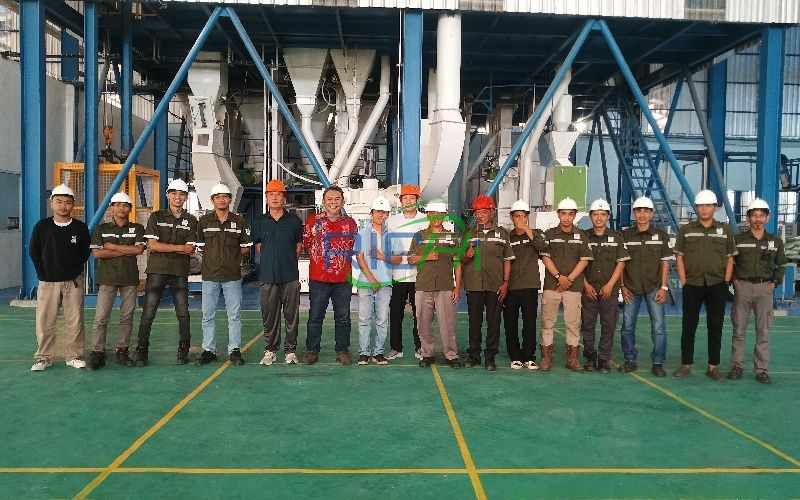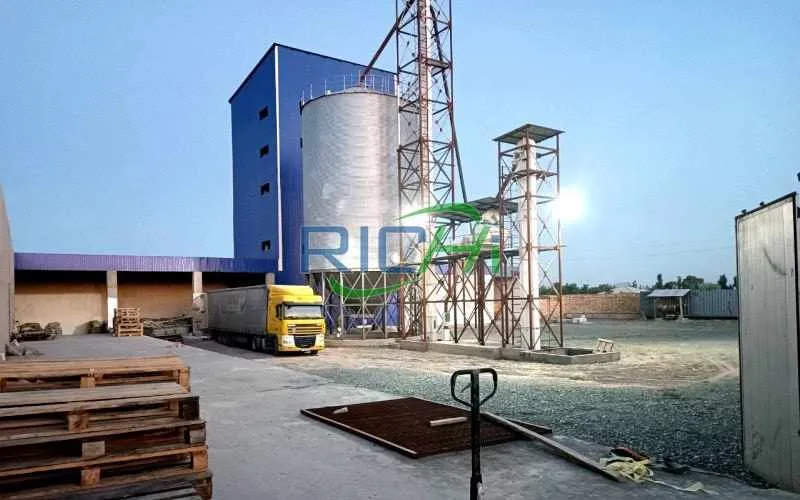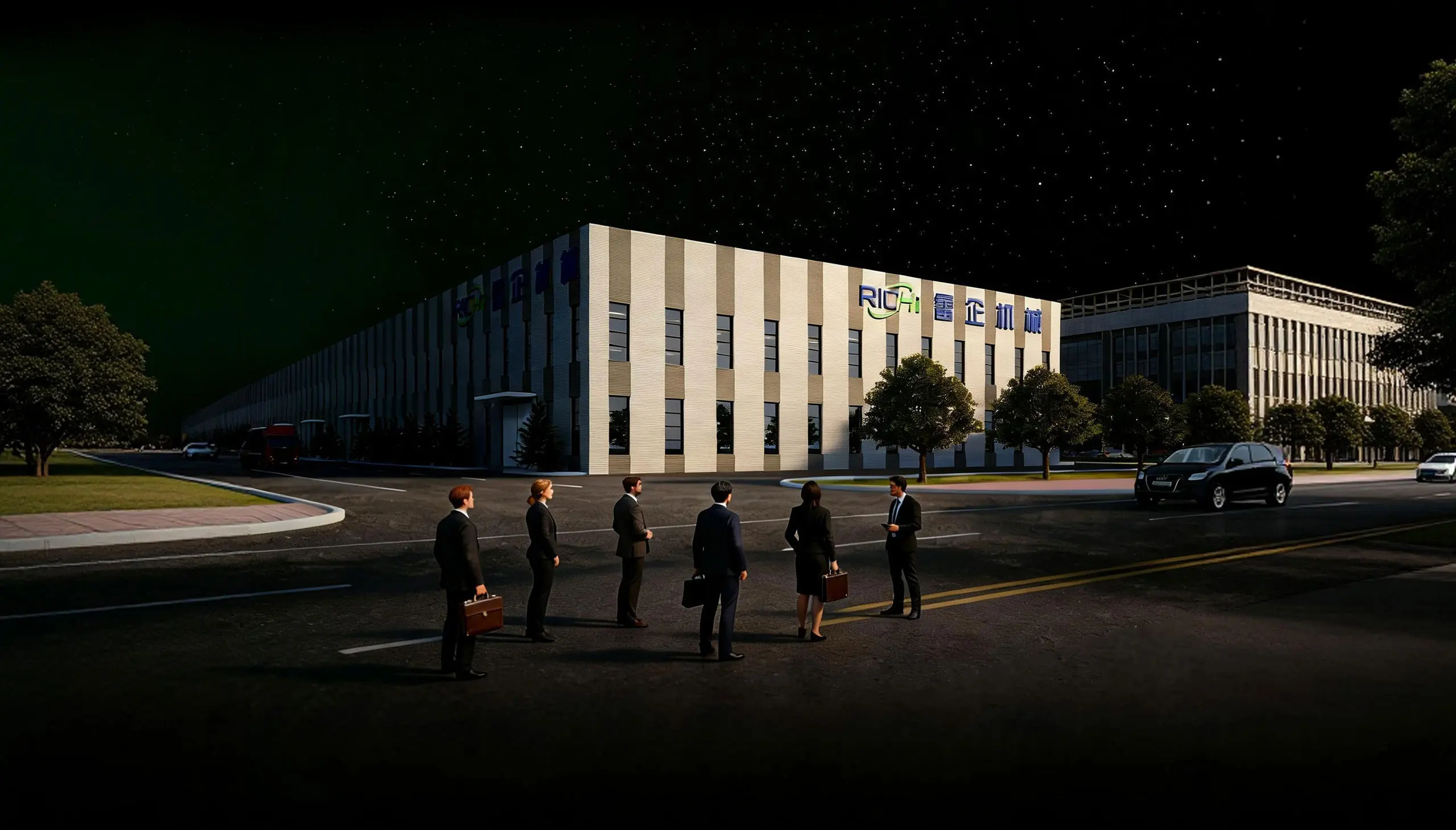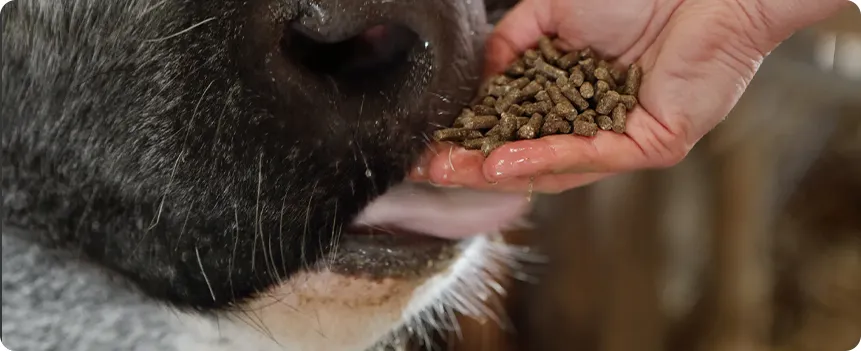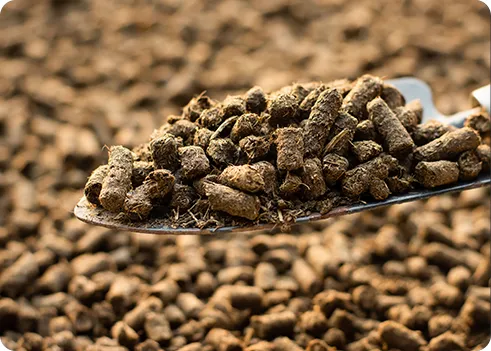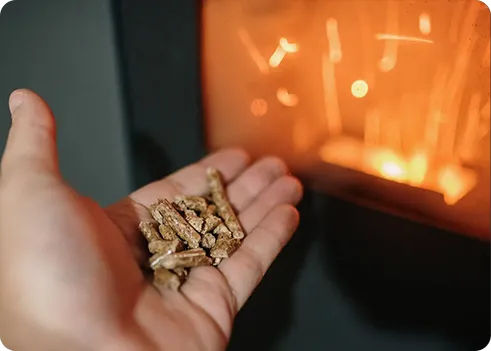South Africa natural plant-based biological pesticide and organic fertilizer project is about to be built
Biological pesticides are replacing traditional chemical pesticides due to their advantages such as low toxicity, low residue, and low resistance. Recently, a natural plant-based biological pesticide and organic fertilizer industrialization project invested by an agricultural company in South Africa with an investment of US$2 million is about to start construction. All equipment for the project […]
Biological pesticides are replacing traditional chemical pesticides due to their advantages such as low toxicity, low residue, and low resistance. Recently, a natural plant-based biological pesticide and organic fertilizer industrialization project invested by an agricultural company in South Africa with an investment of US$2 million is about to start construction. All equipment for the project is provided by RICHI Machinery.
This organic fertilizer production project is a clean energy project and one of the local grain processing supporting projects. The project will rely on the city’s large area of crops, waste straw and animal manure, and after fermentation and scientific compounding, it will finally turn waste into treasure.
After the organic fertilizer production line project is completed in 2025, it is expected to process more than 40,000 tons of waste raw materials annually, produce about 10,000 tons of natural plant-based biological pesticides and more than 20,000 tons of organic fertilizers annually. Compared with traditional chemical pesticides, the cost per mu of land using biological pesticides will be reduced by half.
Organic fertilizers can also effectively improve the soil compaction condition, which is conducive to crop absorption of nutrients and promotion of growth and development, and is in line with the development direction of modern agriculture.
08



